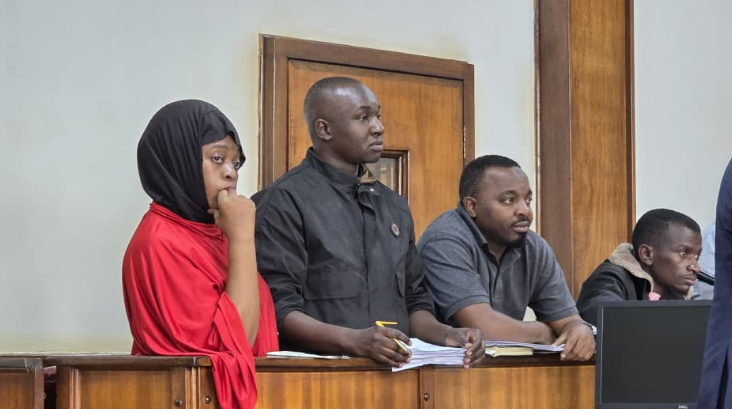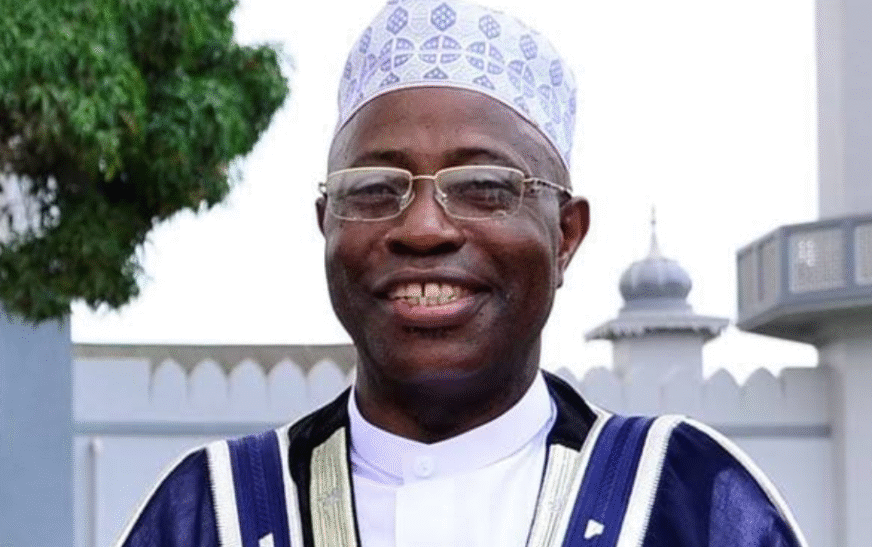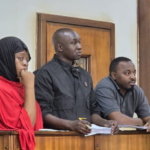Human rights defender Dr. Dennis Daniel Ssemugenyi has petitioned Court challenging the recently enacted Uganda People’s Defence Forces (UPDF) Amendment Act, 2025.
This follows President Yoweri Museveni’s assent to the controversial legislation on Monday. The law, passed by Parliament last month, retains provisions allowing civilians to be tried in military courts—despite a January 2025 Supreme Court ruling that barred such practices.
Among the notable reforms introduced by the new law are improvements to healthcare services for military personnel, the transfer of the Pension Authority from the Ministry of Public Service to the Ministry of Defence and Veteran Affairs, and enhanced disability compensation for both officers and enlisted members.
“On June 20, 2025, I filed a constitutional petition before the Constitutional Court of Uganda challenging the recently enacted UPDF (Amendment) Act, 2025. This petition contends that the law is void,” Ssemugenyi stated.
He argues that the law violates fundamental principles enshrined in the Constitution and was passed in a context of deeply imbalanced parliamentary representation, where a gerrymandered electoral system has produced a two-thirds supermajority for the ruling party, despite significant disparities in population distribution.
“The Act permits military trials of civilians and expands military influence into domains reserved for civilian justice. I believe that such a law, passed under these conditions, cannot reflect the sovereign will of the Ugandan people,” he added.
Ssemugenyi emphasized that the Constitution clearly states any law inconsistent with its provisions is null and void to the extent of that inconsistency.
He contends that the UPDF Act violates several constitutional provisions, including Article 28, which guarantees the right to a fair hearing before an independent and impartial civilian court. He further noted that this right is non-derogable and safeguards prosecutorial and judicial independence.
“The law attempts to reverse prior Supreme Court decisions, thereby undermining the separation of powers outlined in Articles 28, 126, and 128 of the Constitution,” he said.
He underscored that even with presidential assent, any law that contravenes the Constitution remains subject to judicial review, affirming that constitutional supremacy cannot be overridden for political expediency.
Ssemugenyi is asking the court to declare the UPDF (Amendment) Act, 2025 unconstitutional and void ab initio. He also challenges the existing constituency framework, arguing that it does not reflect the general will of the people.
“I am asking the court to reinforce constitutional protections ensuring that military courts do not try civilians, and to encourage the development of electoral and legislative reforms that uphold the principles of equal representation and civilian rule,” he said.





















